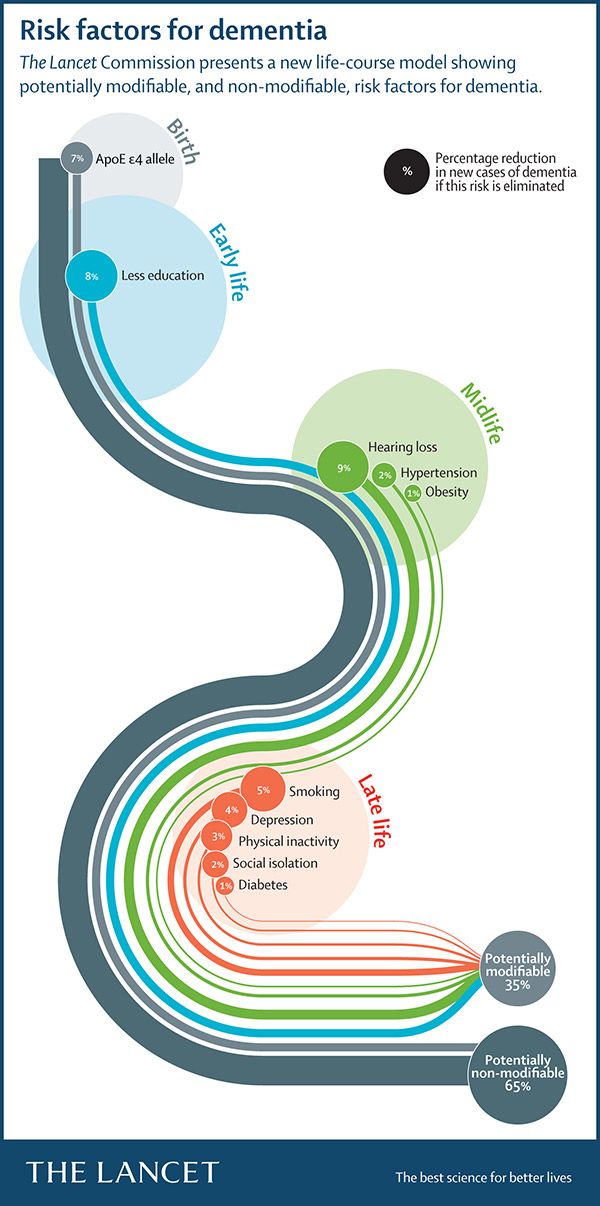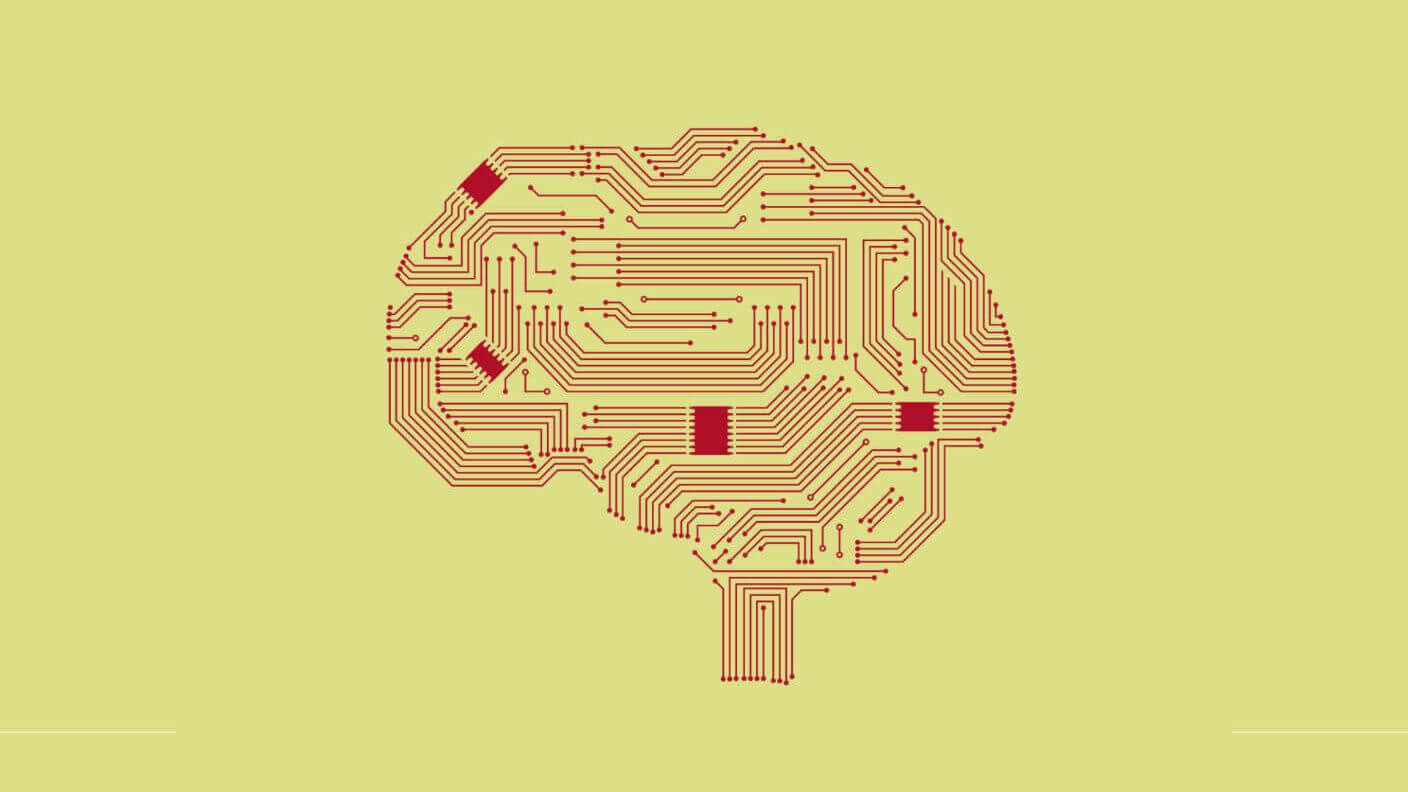My #transhumanism work in this fun new article on future of sports:
Can bionic limbs and implanted technology make you faster and stronger? Meet biohackers working on the frontier.
Zoltan Istvan has achieved every runner’s fantasy: the ability to run without the hassle of carrying his keys. Thanks to a tiny chip implanted in his hand, Istvan doesn’t have to tie a key onto his laces, tuck it under a rock in the front yard, or find shorts with little zipper pockets built in. Just a wave of the microchip implanted in his hand will unlock the door of his home. The chip doesn’t yet negate the need for a Fitbit, a phone, or a pair of earbuds on long runs, but Istvan says it’s only a matter of time.
A long-time athlete and technology geek, Istvan identifies as a transhumanist: he believes that the transformation of the human body through ever-developing and evolving technologies will improve human life and ultimately lead to immortality.
“Athletes should be able to use drugs and technologies to enable them to be more competitive. To restrict that is to go against the very best of what we can become. If somebody wants to take these risks, they should have the rights to do so in full.”









